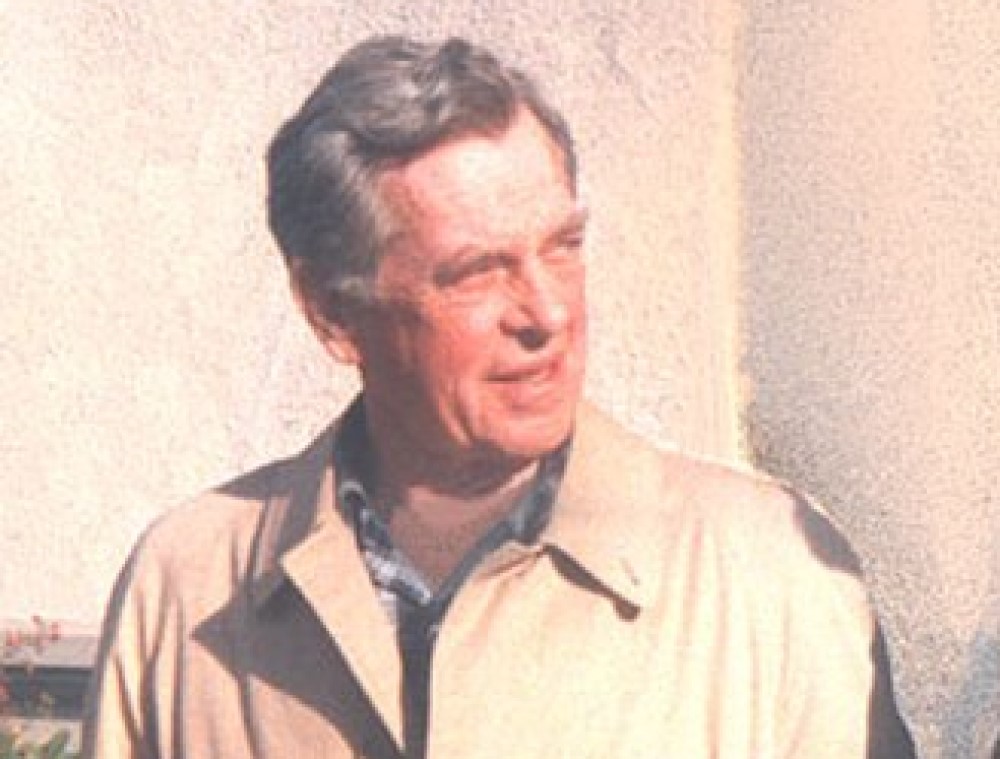
Anyone who has taken a screenwriting course will likely be familiar with the name Joseph Campbell. Born at the beginning of the 20th century, Campbell is renowned for his writings on comparative religion and comparative mythology. Few people have ever attempted to combine such vast amounts of knowledge on history, literature, religion, and anthropology. His most famous work is called The Hero with a Thousand Faces. Published in 1949, the book is said to have inspired numerous authors and filmmakers, including George Lucas, who has publicly stated that the first "Star Wars" film was shaped, in part, by Campbell's theory that the archetypical hero's journey is shared across world mythologies.
As a child, Campbell became fascinated by Wild West shows and Native American artifacts, which piqued his interest in mythology at an early age. He devoted his life to the subject and spent nearly four decades teaching comparative mythology at Sarah Lawrence College. Meanwhile, Campbell was also a prolific author, writing numerous iconoclastic articles and books, for which he faced much criticism from religious sects. When he wasn't in the classroom, Campbell was often traveling around the country to speak at conferences, workshops, and other public events. In 1985, two years before he passed away, Campbell was presented with the National Arts Club Gold Medal of Honor in Literature.
After graduating from high school, Campbell briefly majored in biology and mathematics at Dartmouth College before transferring to Columbia University to study the humanities. At Columbia, he studied literature and art, but he also found time to surf, play jazz saxophone in Greenwich Village, and become a world-class runner. He became the Captain of the Columbia track team, receiving awards in track and field events; for a time, he was among the fastest half-mile runners in the world. Campbell earned two degrees from Columbia: in 1925, he graduated with a Bachelor of Arts in English Literature, and in 1927 he completed his Master of Arts in Medieval Literature.
Campbell returned to Columbia two years later hoping to complete a doctorate. This time, he expressed a desire to pursue the study of Sanskrit and modern art and continue his study of medieval literature. However, once he discovered that his faculty advisers would not approve these subjects, he withdrew from the University.
But while he never returned to a conventional graduate degree program, Campbell still found time to visit his Columbia roots from time to time. In 1974, for example, he returned for a weekend seminar that was sponsored by the University's Society for the Arts, Religion, and Contemporary Culture. Titled, "The Art of the Buddha," Campbell brought some of his newly-discovered treasures to his alma mater, offering illumination on subjects like kundalini yoga and "The Tibetan Book of the Dead."
